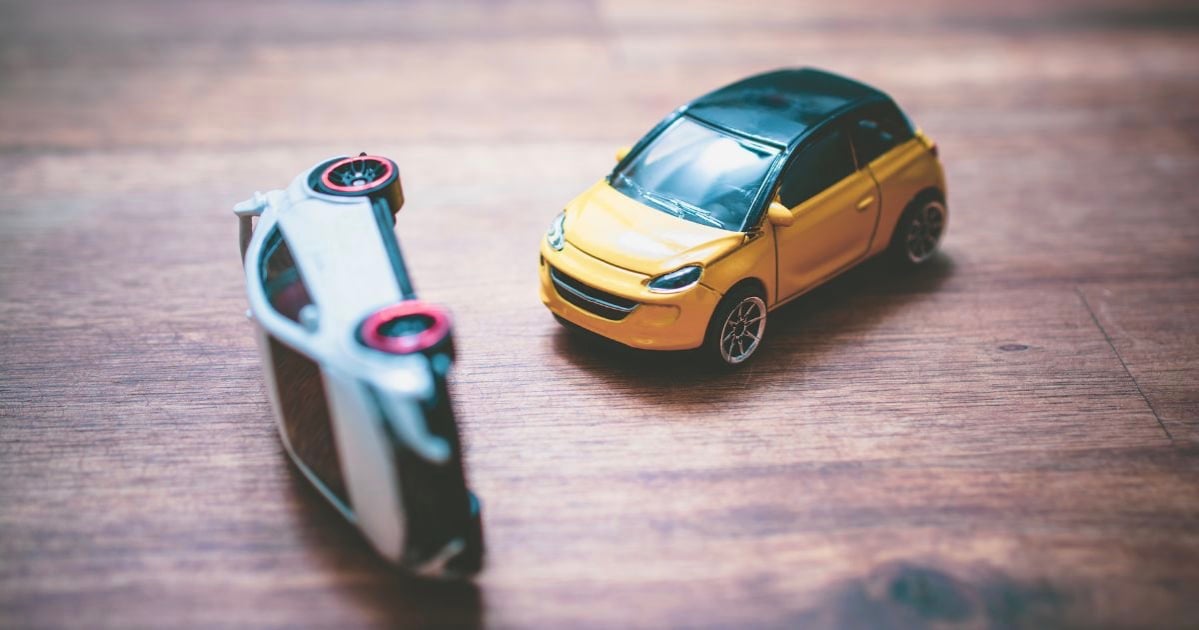
Driving is a daily routine for many of us, but it comes with inherent risks. Single-vehicle accidents, where only one vehicle is involved, are a common occurrence and can be particularly dangerous.
Whether you’re commuting to work or enjoying a weekend getaway, it’s essential to prioritize safety. Here are some tips to help you stay safe and avoid getting into a single-vehicle accident on the road.
Stay Focused and Avoid Distractions
Distracted driving is one of the leading causes of single-vehicle accidents. One of the best roadway safety tips is to keep your attention on the road at all times. Avoid using your phone, eating, or engaging in any activity that takes your focus away from driving.
Observe Speed Limits
Speeding reduces your reaction time and increases the severity of accidents. Always adhere to posted speed limits. Remember to adjust your speed according to road conditions, such as weather or traffic.
Keep a Safe Distance
Maintain a safe following distance from the vehicle in front of you. The general rule of thumb is to keep at least a three-second gap. This provides ample time to react to sudden stops or obstacles.
Perform Regular Vehicle Maintenance
Ensure your vehicle is in good working condition by scheduling regular maintenance checks. Pay attention to your brakes, tires, lights, and fluid levels. A well-maintained vehicle is less likely to experience mechanical failures that could lead to accidents.
Adjust to Weather Conditions
Weather conditions such as rain, fog, snow, and ice can impact driving safety. Slow down, use your headlights, and increase your following distance during adverse weather conditions. If visibility is poor, consider pulling over until conditions improve.
Beware of Wildlife
In certain areas, wildlife crossing the road can pose a serious threat. Be vigilant, especially during dawn and dusk when animals are most active. Use high beams when appropriate to spot animals from a distance and react accordingly for solo car crash prevention.
Avoid Driving Under the Influence
Never drive under the influence of alcohol, drugs, or any substances that impair your ability to operate a vehicle safely. Designate a sober driver or use alternative transportation if you’ve consumed any intoxicating substances. This is one of the best road safety measures you can employ,
Understand Your Vehicle’s Limits
Every vehicle is handled differently, especially in emergency situations. Understand the capabilities and limitations of your vehicle, including braking distance, handling, and stability.
Use Defensive Driving Techniques
Adopt defensive driving techniques to anticipate potential hazards. Stay alert, anticipate the actions of other drivers, and be prepared to react quickly. Avoid aggressive driving behaviors such as tailgating, weaving through traffic, or road rage.
Read Up and Stay Updated
Stay informed about new roadway safety tips and laws. Keep up-to-date on regulations and changes to traffic rules to ensure you’re following safe driving practices.
For example, you should read this Saferoads Report 2021. It highlights the latest statistics and trends in road safety, including single-vehicle accidents. A quick read can provide you with valuable insights and tips to stay safe on the road.
A Single-Vehicle Accident Is Not the End of the World
Despite taking all necessary precautions, accidents can still happen. If you do find yourself in a single-vehicle accident, stay calm and follow proper procedures.
Your world may seem to come crashing down at that moment, but remember that your safety is the most important thing. Take deep breaths, check for injuries, and seek help if needed.
Always prioritize your well-being and that of others around you. Safe travels!
